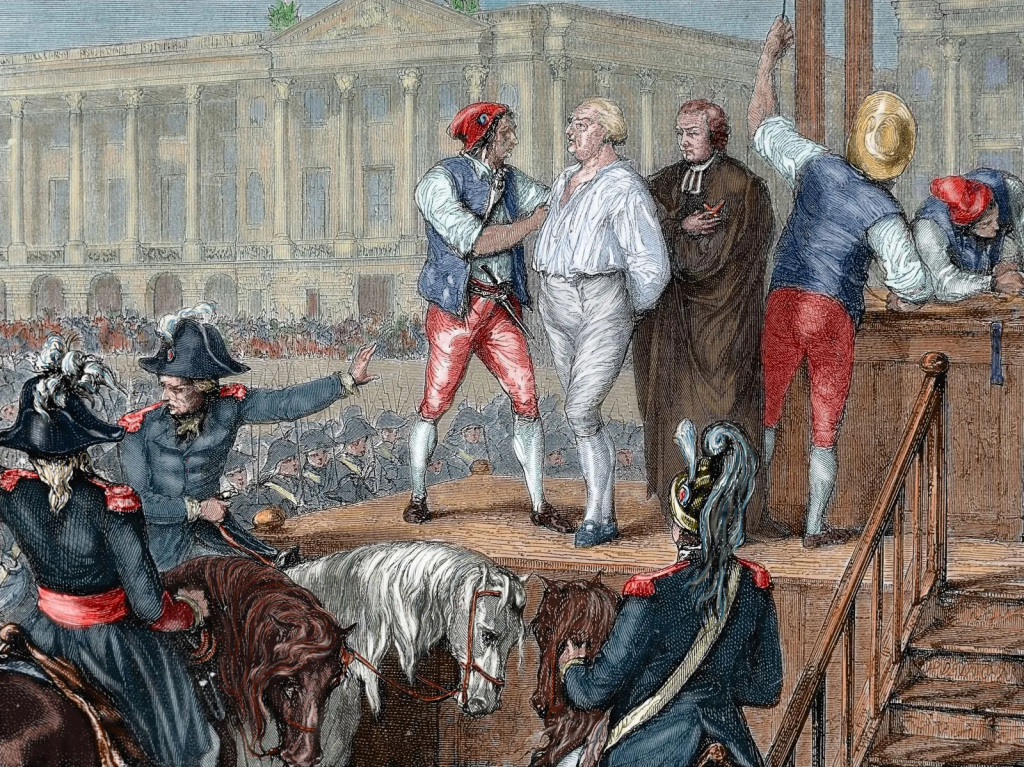by Simon Black via Sovereign Man
On September 3, 1783, after nearly a year of excruciating back-and-forth negotiations, all sides had finally gathered together in Paris to sign a historic peace agreement.
It was a pretty important peace deal. Because the Treaty of Paris, as it is now known, is what formally ended the American Revolution, and when Great Britain legally recognized the United States as an independent nation.
The treaty was signed in Paris because France had been a major supporter of the US war effort. And just as soon as the ink was dry, French King Louis XVI ordered his finance minister to prepare an accounting of exactly how much money France had spent on US independence.
The result was nothing short of astonishing—more than 1 billion livres.
To put that number in context, the French Treasury’s entire annual revenue only amounted to around 200 million livres.
So they had basically sunk FIVE YEARS worth of their tax revenue fighting someone else’s war.
Granted, Britain was still one of France’s main rivals. And the French did not care for British King George III.
But the American War was simply too costly, and France had already been on very shaky financial footing well before this point.
Louis XIV had nearly bankrupted the country a century before. His successor, Louis XV, had to drastically slash expenses and could barely hang on financially.
Then, in 1774, just prior to the American Revolution, Louis XVI became king at a time that France was rapidly deteriorating.
You’d think that with so much economic turmoil at home that he would have focused on his own national interests… and, in lieu of money, weapons, and ships, he would have instead sent the royal thoughts and prayers to America.
But no. Lucky for the United States, Louis XVI courageously fought the American Revolution down to the very last French taxpayer.
Only after the war did Louis finally take stock of the situation and realize the truth: America was in a much better position. Britain was bruised but still powerful. Yet his own France was nearly bankrupt and desperately in need of cash. Not exactly a win/win.
Louis XVI was King, but his powers were limited; he was beholden to the legislature, called the Estates-General, and he couldn’t simply decree new taxes without their consent.
The King did, however, control the tax collectors. And Louis made sure they had every authority to coerce, harass, and intimidate money out of French citizens.
French tax collectors had the authority to walk right into people’s homes unannounced, conduct surprise inspections to look for hidden wealth, and walk away with whatever money or property they felt would satisfy the peasant’s tax bill.
This is actually a pretty common theme throughout history: governments that are on the ropes routinely resort to plundering the savings of their citizens.
h/t SteveQuayle




Folks the writing is all over the proverbial wall. My God at this point my dog “gets the picture” so to speak, do all of you seriously??
And now there are 87,000 more IRS Agents being hired, history repeating itself?